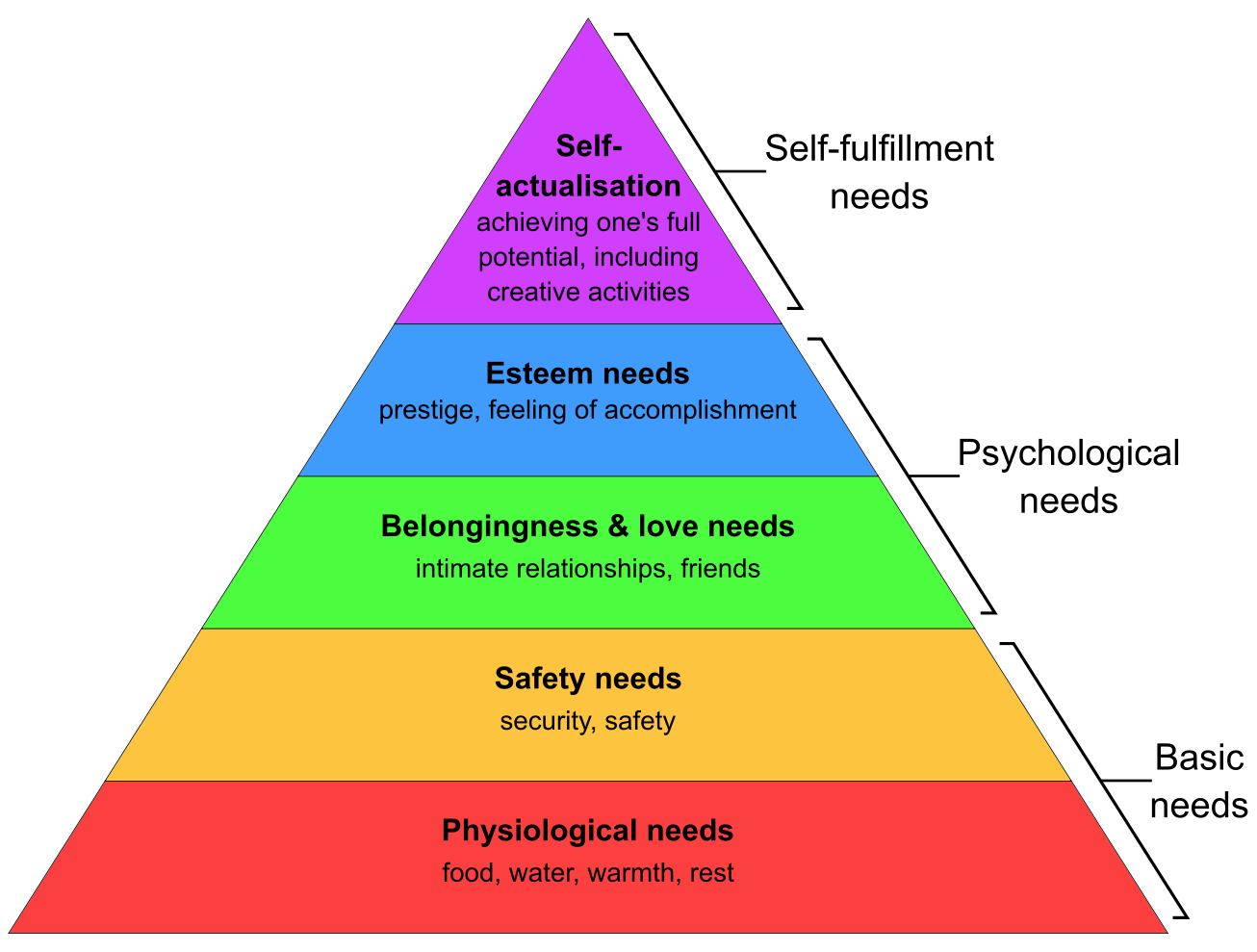Holiday Disappointment
The prevailing sentiment from my clients after Thanksgiving was a hearty “meh.” The holiday was fine, but not great. It was something to get through, not necessarily something enjoyable or special. It was, all in all, disappointing.
It’s hard to admit that The Holidays can be a disappointing time. After all, we’re told over and over that this is a season of GRATITUDE and JOY and DELIGHT and if you aren’t feeling those things, the problem must be you because it’s THE HOLIDAYS and you have to be HAPPY and ENJOY them. In short, The Holidays are a time of pressure.
Which is not to say you can’t have a lovely holiday season in spite of that. In fact, I hope you do! But I also want to encourage you that in the midst of the sparkle and tinsel and treats, you are allowed to feel lonely, disappointed, angry, etc. In short, you are allowed to have all the feelings, not just the happy ones.
It’s not easy to manage the disappointment or sadness or loneliness that is plaguing you as the radio shouts Christmas carols at you and stores demand you spend all the money you have in the name of MaGiC. But it is doable. As The Holidays march towards us like a smiling but threatening wave, try to focus on what actually brings you peace and joy. Reach out to friends and family while also avoiding people who cause you distress or unease. Indulge in treats without self-recrimination and guilt. Do what you’re capable of doing, whether that be celebrating or gift-giving or visiting or decorating, without thinking it’s not enough. Whatever you’re doing to get through this season is enough. The Holidays do not have to be perfect; they just are and they too shall pass. Hang in.











